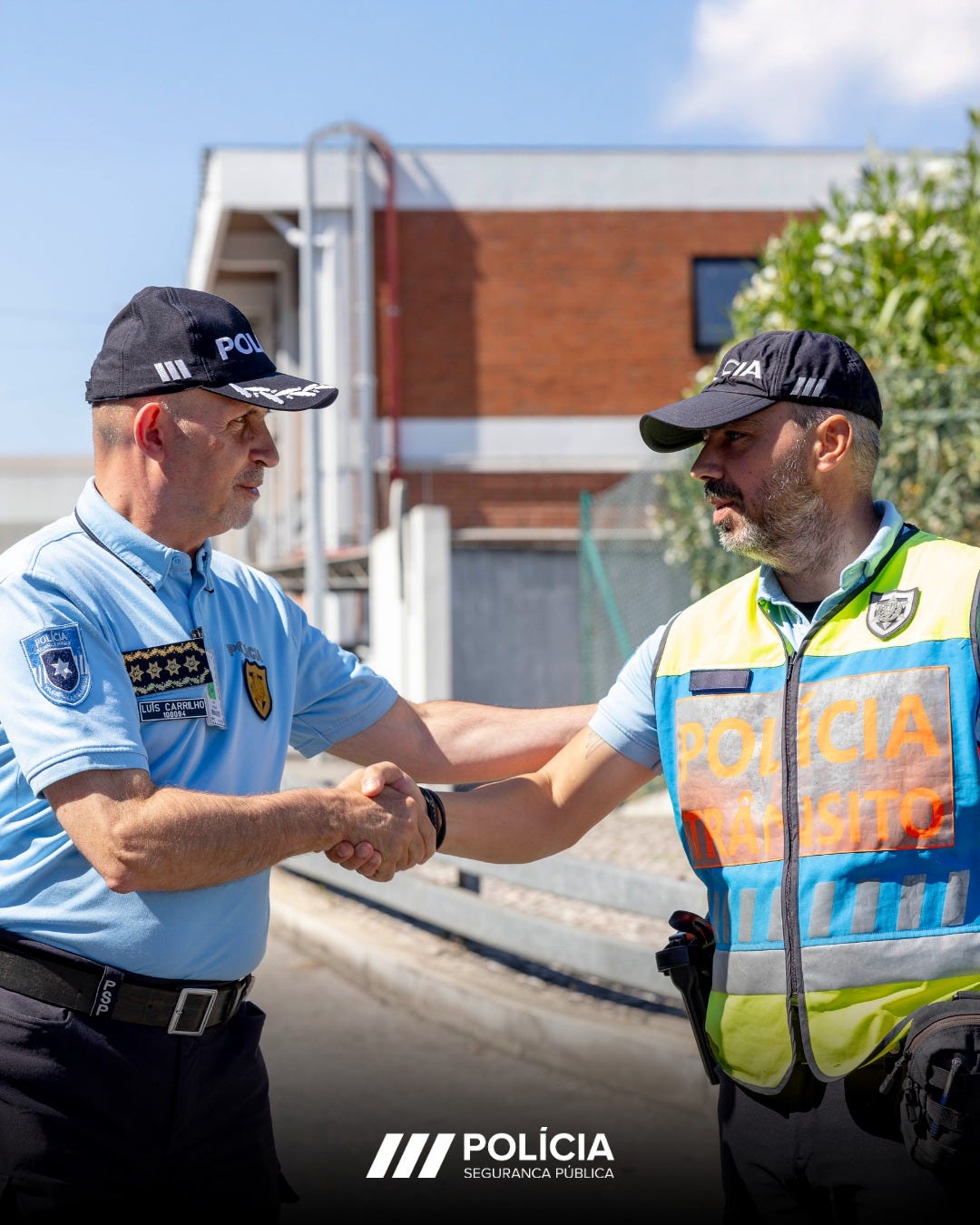Report: crime has fallen, yet crime stories have doubled
The report points to “a worrying misalignment between the objective reality of crime in Portugal and citizens’ subjective sense of insecurity."

Reported crime in Portugal has steadily declined over the past quarter‑century, yet the way crime is portrayed in the media has gone in the opposite direction, amplifying public fears and shaping a perception of insecurity that does not match reality.
This is the conclusion of a policy paper, coordinated by General João Vieira Borges, released by the SEDES Observatory for Security and Defense.
According to the study, between 2000 and 2024 the number of recorded crimes dropped by around 1.3%, from 359,445 reports in 2000 to 354,878 in 2024, as documented in the country’s Annual Internal Security Reports (RASI).
Despite this trend, references to crime on the front pages of Portugal’s leading newspapers have more than doubled over the same period.
Details
Researchers reviewed decades of covers from newspapers Correio da Manhã, Público, Diário de Notícias, Expresso and Sol, finding that high‑profile crimes now remain in headlines much longer.
In 2000–2005 such cases averaged 2.5 weeks on the front page with around six mentions; by 2021–2024, coverage extended to 4.5 weeks with about 12 mentions.
The report points to “a worrying misalignment between the objective reality of crime in Portugal and citizens’ subjective sense of insecurity,” warning that this mismatch undermines public trust in institutions and affects the design and effectiveness of public policies.
Media amplification of crimes and acts of incivility, combined with inconsistent official data and weak coordination between security and justice bodies, has created “a paradox that feeds insecurity without factual basis,” says the paper.
The Observatory also notes that television and radio have increasingly highlighted security issues, integrating crime coverage into morning and afternoon shows.
This broader exposure, the report argues, fuels perceptions that crime is on the rise even as statistics show the opposite.

Recommendations
SEDES calls for clearer and more objective communication about security, avoiding sensationalism that can spark partial or speculative reporting.
It also stresses the need for new tools to measure citizens’ actual experiences, such as nationwide victimization surveys, to complement official statistics and close the gap between perception and reality.
Without such measures, researchers warn, the current “noise” surrounding crime risks distorting public debate and encouraging populist approaches to security.




They are trying to create an atmosphere of fear in hopes it will deter people from choosing Portugal as a place to relocate
If there is a hidden agenda but the population start complaining about the things they are experiencing as a result of that you can be 100% confident the government will pay some group of researchers to produce a report that shows it's all in your mind, just imagining it, no real crime, you're just over-reacting to a small number of events etc. Both the USSR and the West even did this after Chernobyl!! No, no, you don't feel ill, you're just very stressed!!